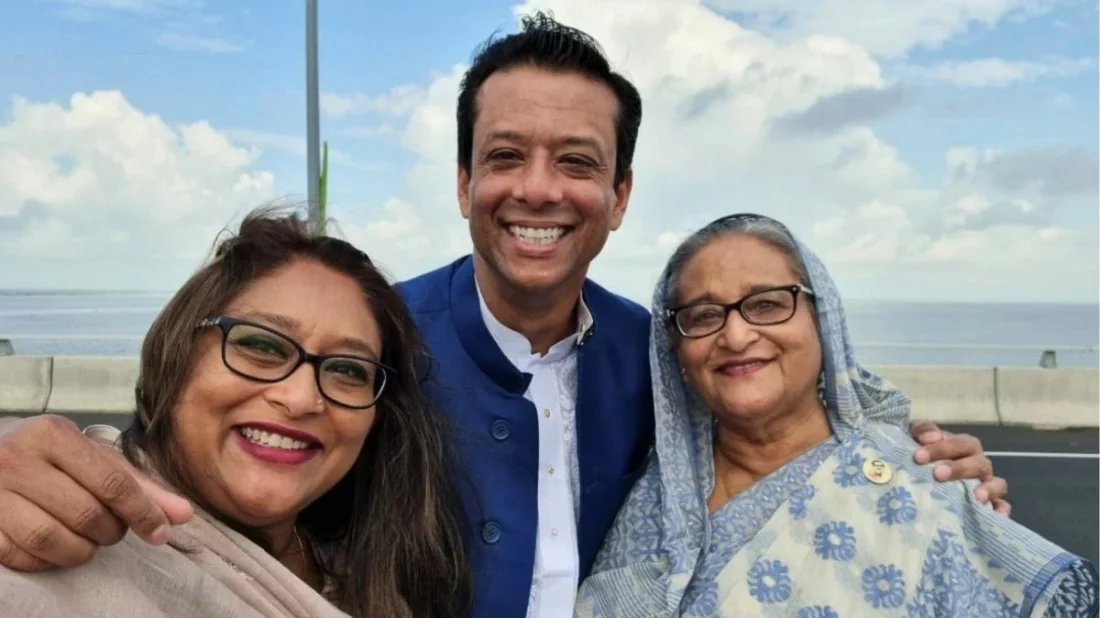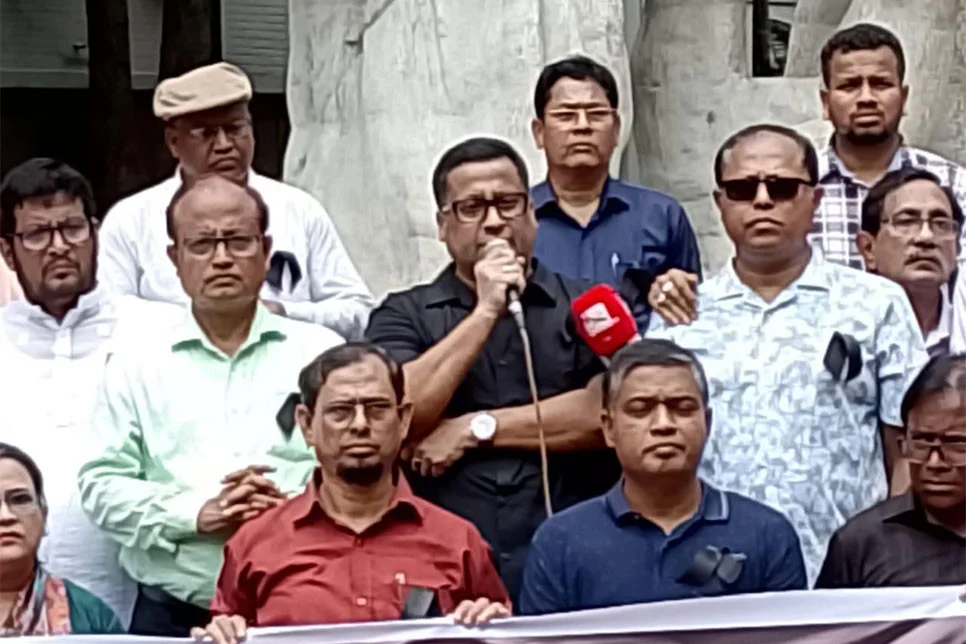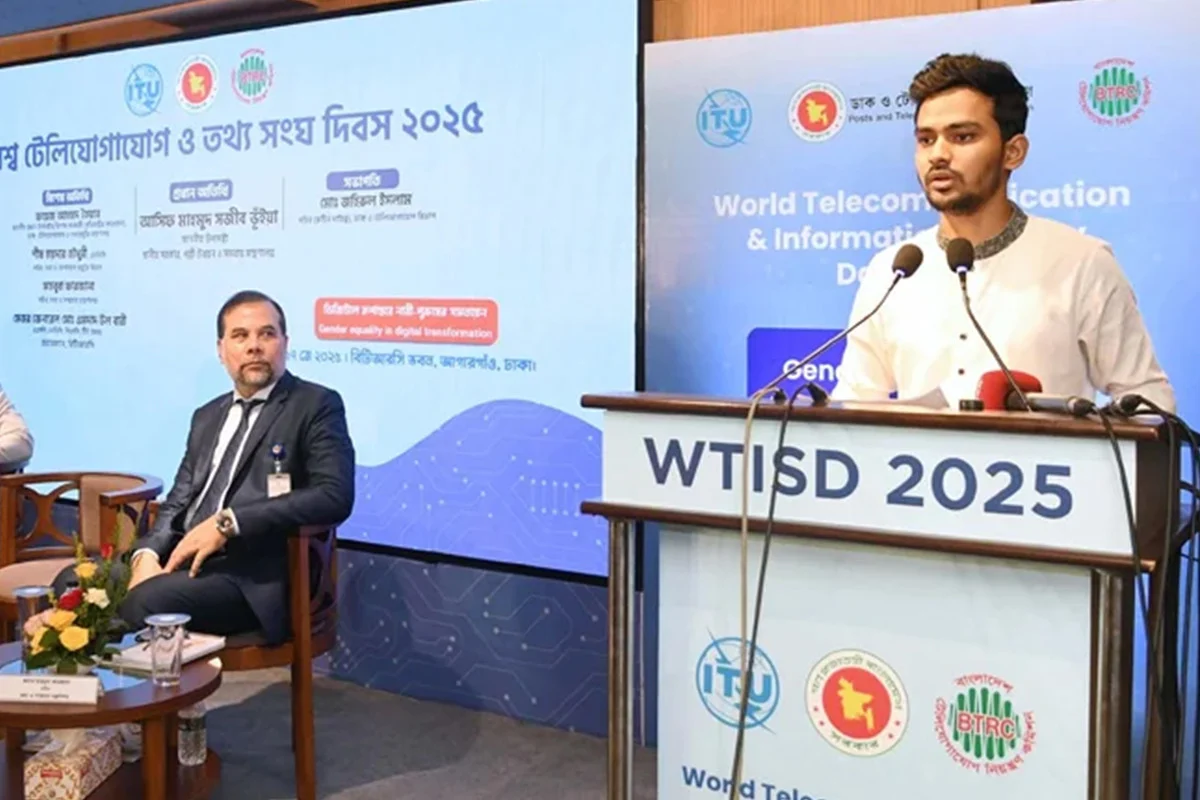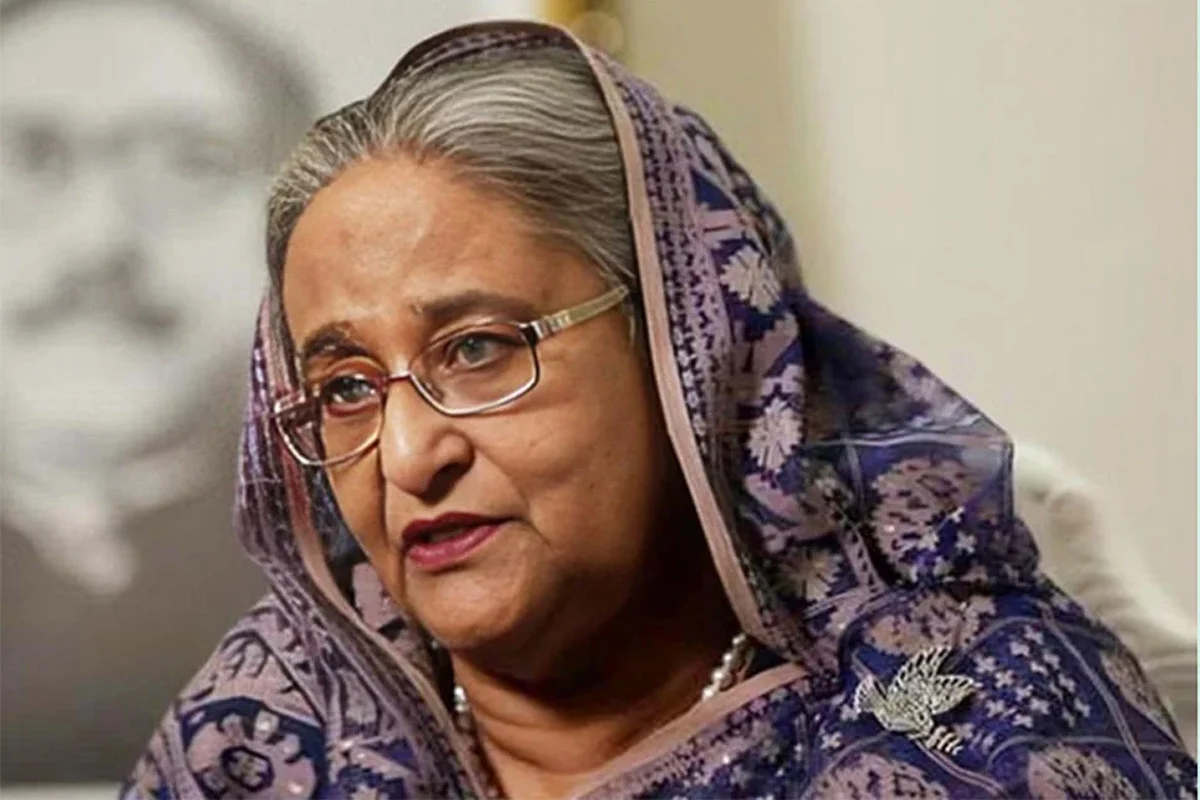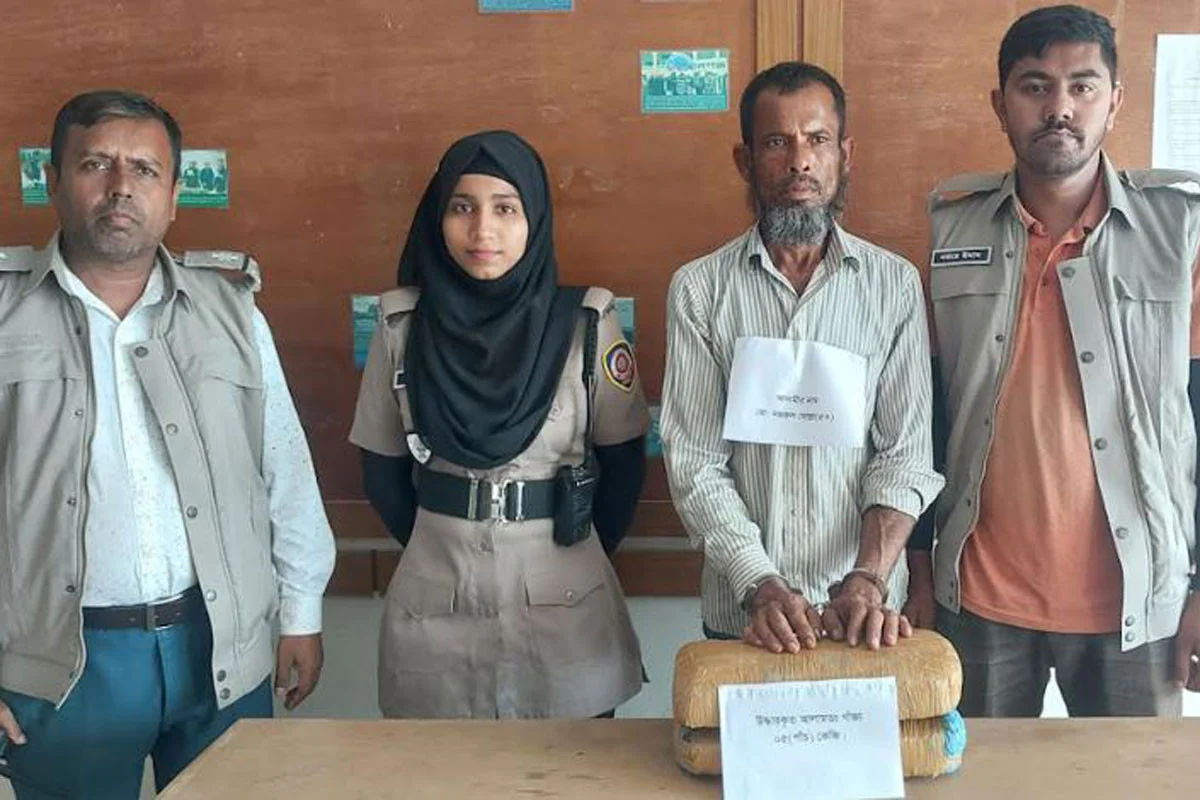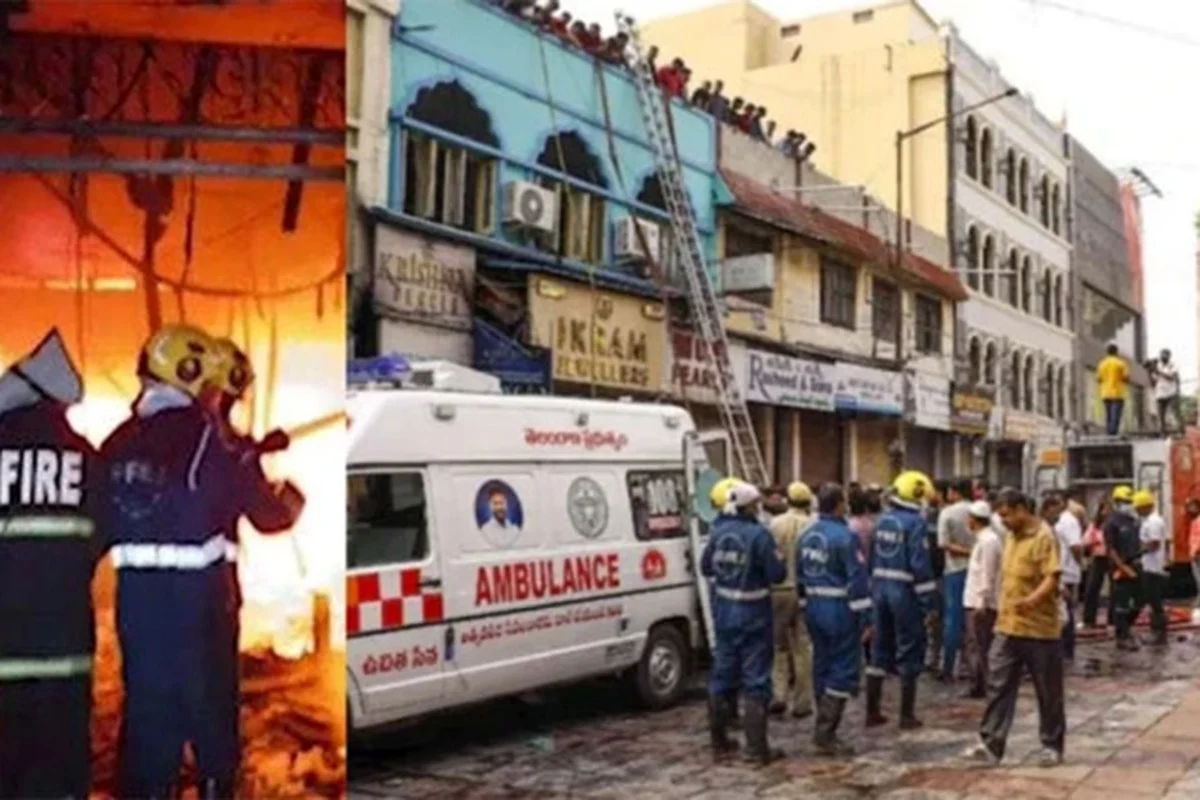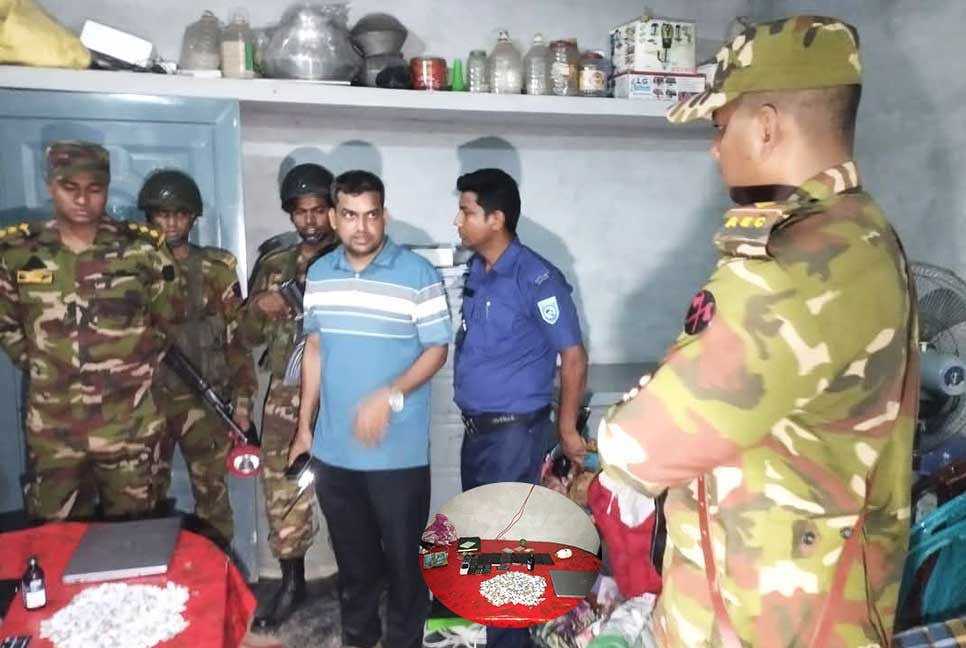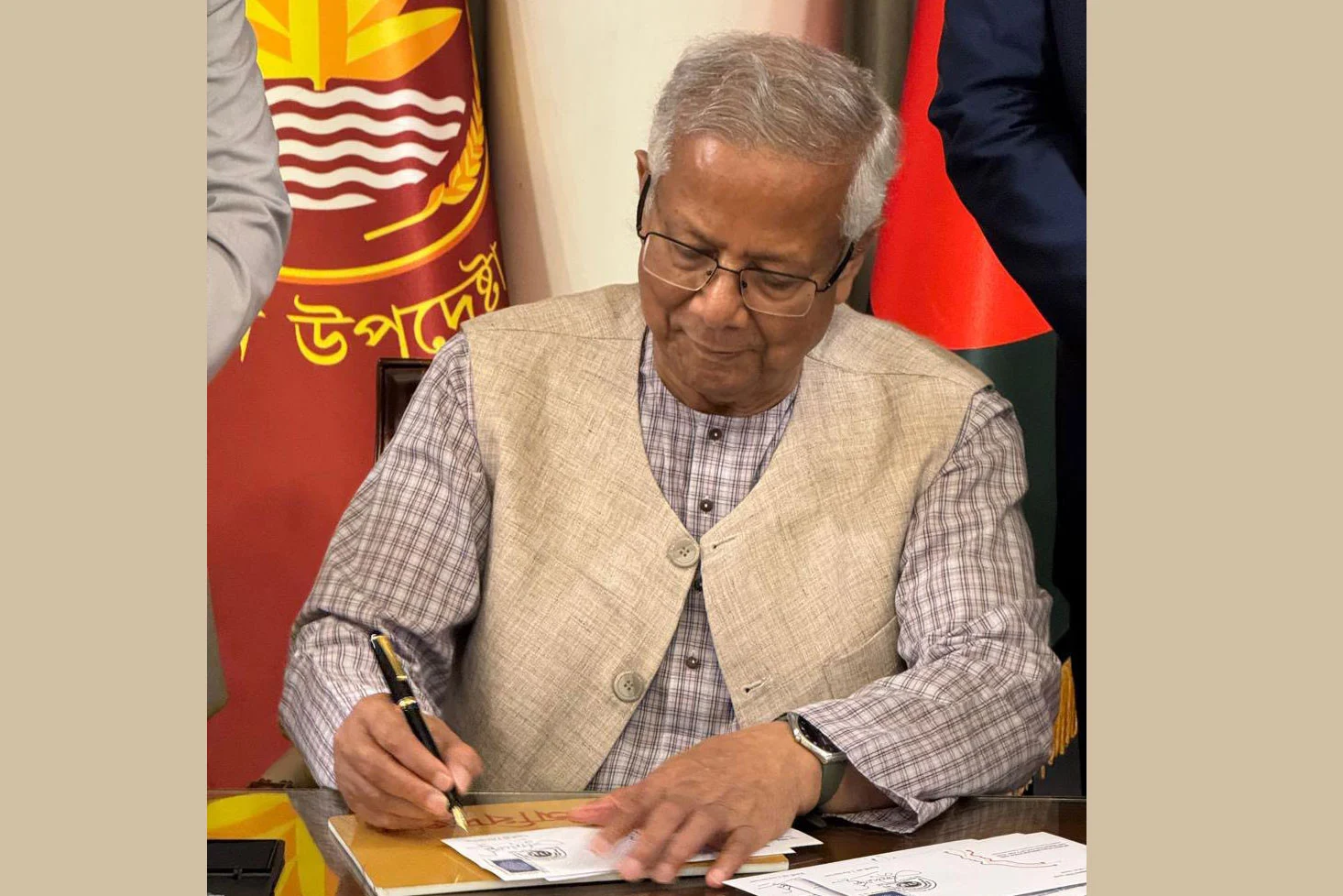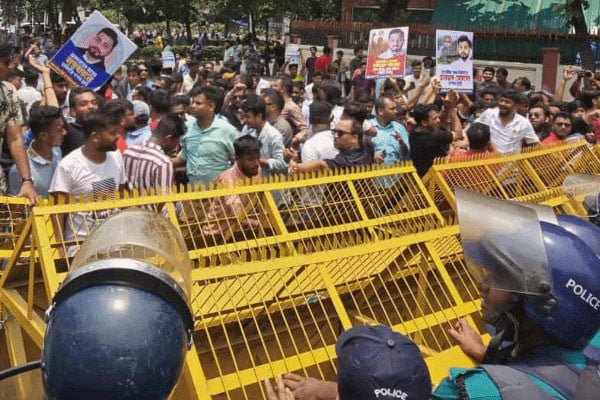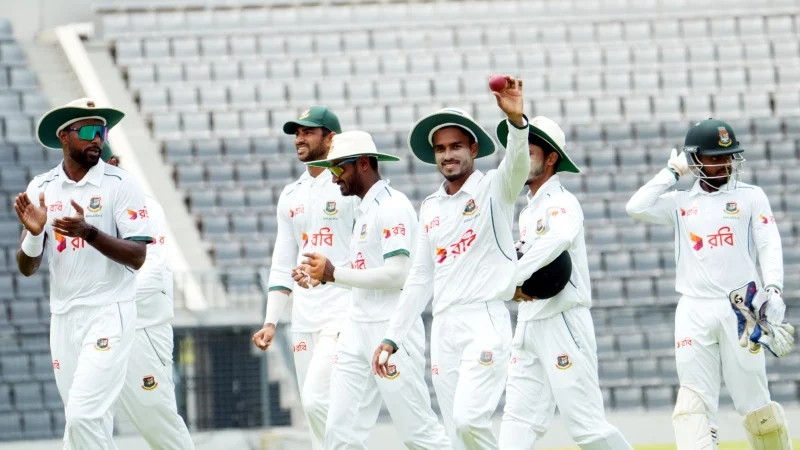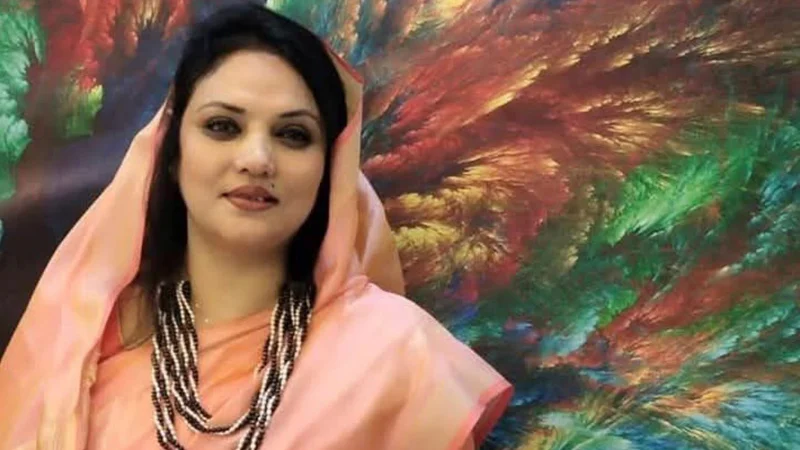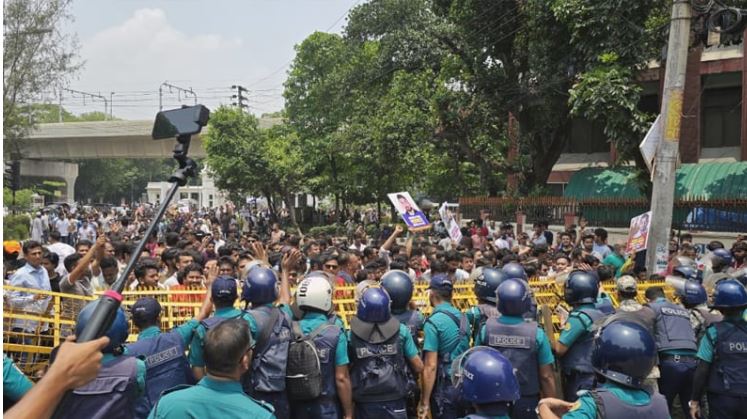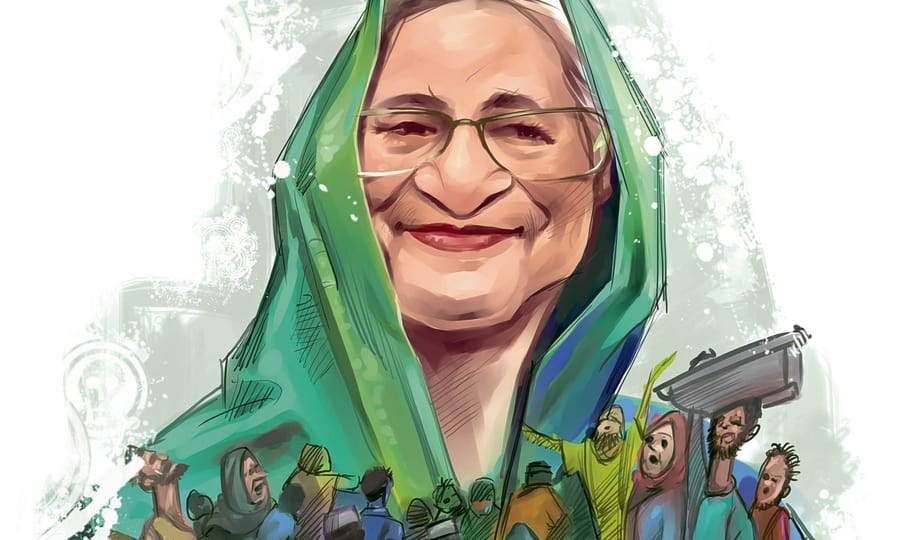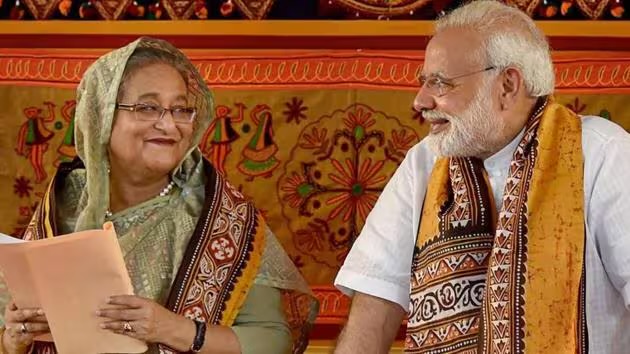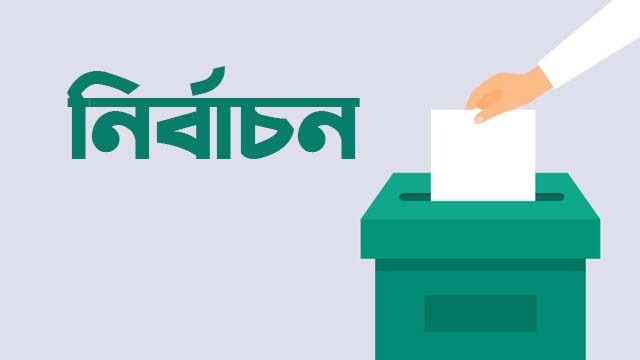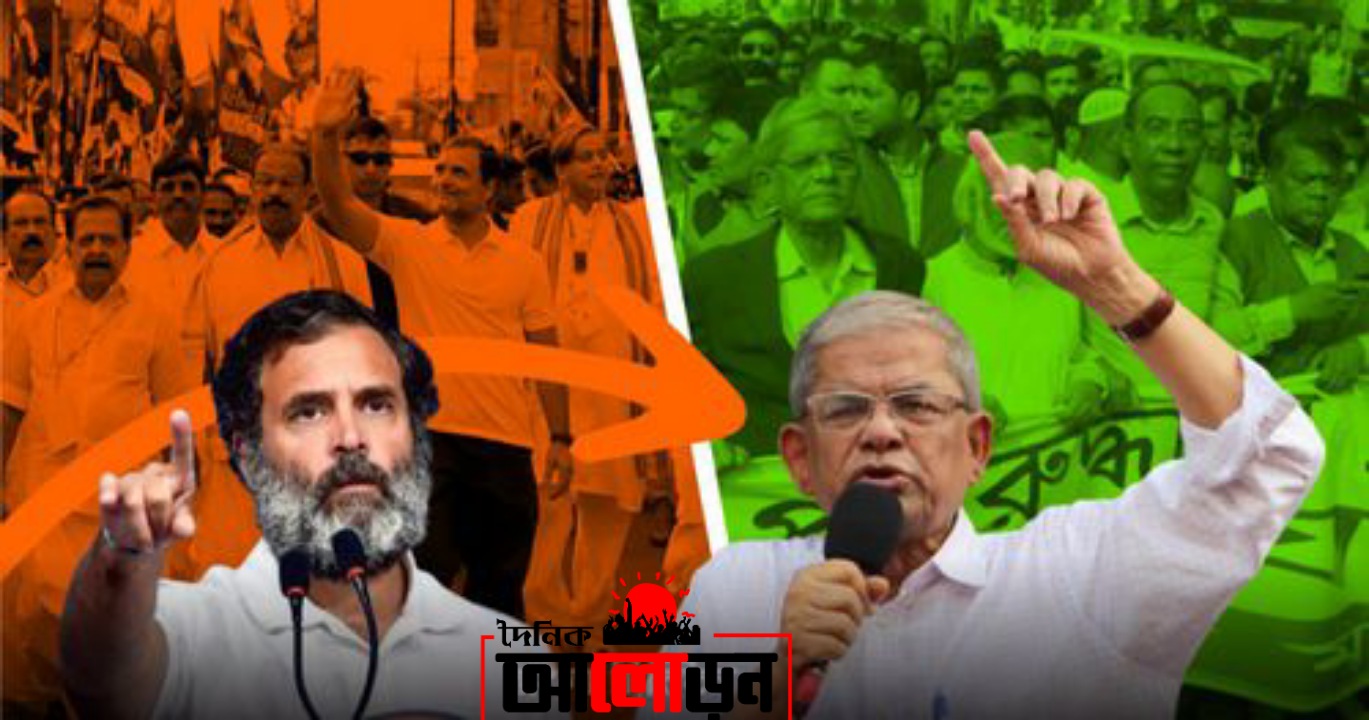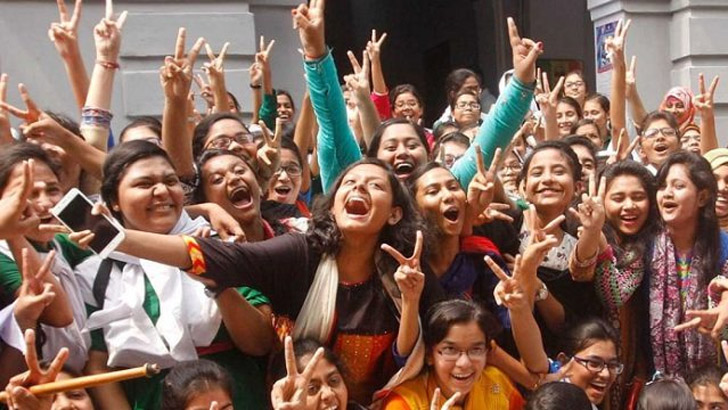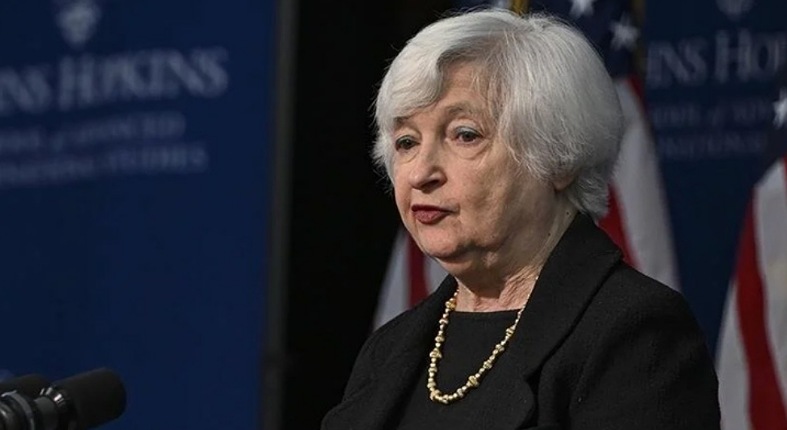
Apurbo Ahmed Jewel: Special Report: The leaders of the Bangladesh Nationalist Party (BNP) and Jamaat-e-Islami have been imprisoned for an extended period, and the country’s prisons have now turned into declared torture cells. Many top leaders of BNP and Jamaat are enduring torture under various charges. Several leaders have faced brutal deaths in custody, and even after being detained, they are subjected to severe physical harm without proper medical care. Some are restricted from utilizing their legal rights, even denying them opportunities available through jail codes. The recent death of BNP leader Nasir Uddin Ahmed Pintu in Rajshahi Central Jail due to mysterious circumstances adds to the concerns.
The whereabouts of abducted individuals, often held in secret prisons, remain unknown. The alarming rate of disappearances and the lack of accountability have raised questions about who is behind these abductions. The issue of enforced disappearances, abductions, and extrajudicial killings in Bangladesh has become a matter of great concern. Journalists, bloggers, businessmen, and political activists critical of the government are falling victim to this ominous trend.
The oppressive regime, marked by intrusion, lawlessness, corruption, murders, and bank looting, has created an atmosphere of fear, making it difficult for people to voice their opinions against the government. Those who have disappeared are not easily found, and many are believed to have been killed. Families left behind live in perpetual uncertainty, as some have lost all hope of their missing loved ones ever returning.
The government’s security agencies, particularly the infamous intelligence agency, DFID, are accused of orchestrating these abductions and extrajudicial actions. Anyone expressing dissent against the government faces the risk of being taken away by this special intelligence agency, notorious for its role in suppressing opposition.
Illegal government actions, such as intrusion, lawlessness, corruption, murders, and bank looting, are causing a growing discontent among the people. The government’s secret activities and the silence of law enforcement agencies have fueled suspicions and led to widespread dissatisfaction among the public.
Opposition political leaders criticize those returning after being abducted, alleging that their silence on the circumstances of their disappearance creates a mysterious narrative. The opposition argues that those abducted and subsequently released are not willing to disclose the details of their abductions, possibly out of fear.
The government, in turn, accuses opposition leaders of orchestrating abductions and disappearances to tarnish its image. However, the lack of transparency and credible investigations into these incidents has led to a loss of trust in the government’s ability to address the issue.
As the opposition raises concerns about abductions and disappearances, the government remains silent, and law enforcement agencies show no interest in investigating these claims. The mysterious silence surrounding these incidents has given rise to various speculations, and the lack of accountability has fueled public anger.
In this atmosphere of fear and uncertainty, both the government and the opposition seem to be engaged in a blame game, further deepening the divide in the country. The issue of enforced disappearances, abductions, and extrajudicial actions has become a deeply entrenched problem, casting a dark shadow over Bangladesh’s political landscape.
The reports published on multiple websites and portals state that in Bangladesh, various law enforcement agencies such as DB (Detective Branch), RAB (Rapid Action Battalion), and the police are involved with almost all disappearances. According to the reports, individuals involved in numerous disappearances are being held in their own secret prisons. The report suggests that these actions, carried out under the names of suppressing political opposition and conducting investigations, involve providing blank checks to these forces for arbitrary arrests. Each force has multiple teams dedicated to disappearances, and despite instances of abductions and disappearances, these forces are often accused of engaging in corrupt practices for significant amounts of money.
Recent incidents, such as the Narayanganj-7 murder case, where around thirty individuals associated with RAB were implicated, and the recent abduction in Cox’s Bazar where a DB team was involved, highlight the concerning situation. A recent confidential report collected information about RAB’s methods and incidents of disappearances. According to the report, in various locations in Dhaka, RAB has numerous cells above and below the ground, where countless individuals associated with disappearances and extrajudicial killings are being held. Safe houses have also been established in different areas of Dhaka, where detainees are being kept. Additionally, many individuals have been sent to detention centers and correctional facilities in bordering areas of Bangladesh, including West Bengal, Meghalaya, and Assam.
The accuracy of the information published on the web cannot be verified at this time. No official statements have been made on this matter, and questions are not being answered. However, there is widespread concern about secret detentions.
Recent statistics on abductions and disappearances, as reported by the portal, indicate that high-profile figures such as Commissioner Alam of Dhaka Metropolitan BNP and Elias Ali, the organizational editor of the central BNP, were victims of major incidents involving RAB. Similarly, former minister and BNP standing committee member Salauddin Ahmed was reportedly abducted by RAB, kept in custody for nearly two months, and later released in Shillong, India, where he is currently facing legal charges. The report also mentions the abduction of prominent labor leader Aminul Islam’s body in 2012, days before his abduction by RAB. The incidents of abductions of leaders, editors, and key figures from various student wings during the anti-government movement in November/December 2013 are also highlighted in the report.
According to the Ain o Salish Kendra (ASK), a human rights organization, from 2007 to the present year… [The text is cut off here.]

